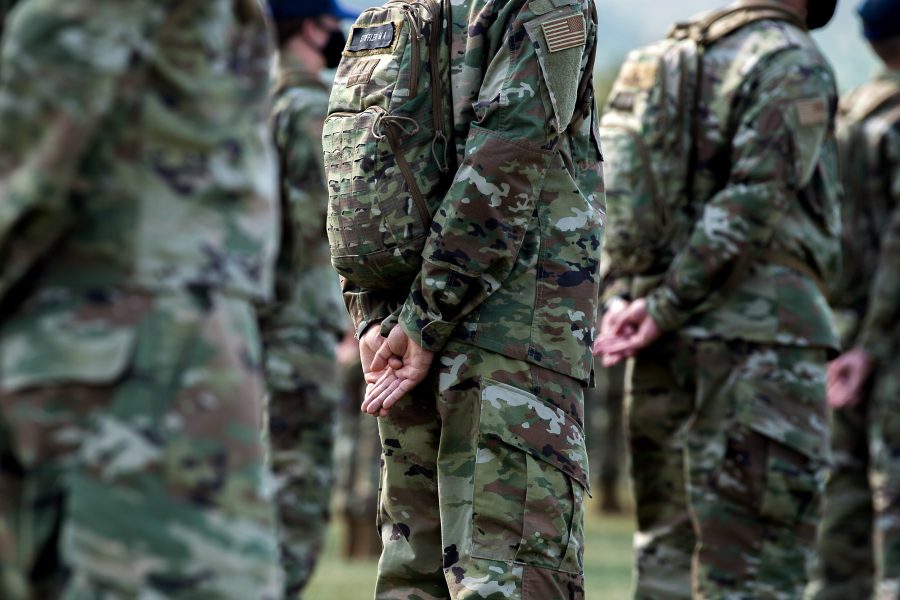The U.S. Air Force Academy must set a better example for students to discourage sexual assault, harassment, and other forms of discrimination on campus, the school’s outgoing Superintendent Lt. Gen. Jay B. Silveria said on Aug. 17.
Encouraging positive behavior among cadets is just as vital as calling out unacceptable ones, Silveria said. New cadets come to Colorado Springs, Colo., with perspectives influenced by people and experiences outside of the school’s control, and students may not adapt well to their new home.
“The 18-year-olds that show up here, they came from a family, they came from a background, from a high school, from an environment that I had nothing to do [with],” he said during an “Aerospace Nation” event hosted by the Air Force Association’s Mitchell Institute for Aerospace Studies.
Silveria asked the virtual audience to picture someone driving in a car—presumably en route to their first day at the Academy—and overhearing another passenger making “a disparaging comment about a race or a gender” before walking into their new life at USAFA.
“We are fooling ourselves if we think that they’re going to walk up our ramp that has the core values on it, … they crest the top of the ramp, and that their values flip to ours,” he said. “We have to develop those values. So in addition to the instruction about what not to do, we have to teach them what to do.”
His remarks come at the beginning of the first school year after protests and demonstrations calling for an end to systemic racism and police brutality roiled America earlier this summer. The discussion also follows a January 2020 Pentagon report that showed 40 sexual assaults were reported at USAFA during the 2018-2019 school year, up from 23 the year before.
USAFA has tried to grow the diversity of its student body, and this year welcomes more than 400 minority students in its freshman class of around 1,150 cadets. Of those, 142 are Hispanic, 134 are Asian, 103 are Black, 26 are Pacific Islanders; and 10 are Native American. Women make up about 30 percent of freshmen cadets.
Silveria said the school has programs—including Basic Cadet Training—to teach cadets about healthy interpersonal skills. The academy has taken a two-layer approach to combating sexual assault and harassment within its ranks by training volunteer cadets to act as confidantes for students who want to discuss those issues. USAFA’s Sexual Assault Prevention and Response team offers additional resources and reporting options as well.
The threat of prosecution through the Uniform Code of Military Justice should also deter assault and harassment, Silveria said.
He hopes Lt. Gen. Richard M. Clark, who is about to take the helm as USAFA’s first Black superintendent, will help craft a more open and inclusive campus culture. Clark will oversee initiatives that are already in place to create a safer, more equitable school and start up new ones, as well as manage future requirements Congress may establish in upcoming defense policy bills.
“If there’s a societal issue that is outside of the Air Force Academy, then it is going on inside the Air Force Academy,” Silveria said. “As we deal with an awakening in our country and deal with racism, we have to also deal with that among our cadets, and help them understand how they’re going to lead.”
